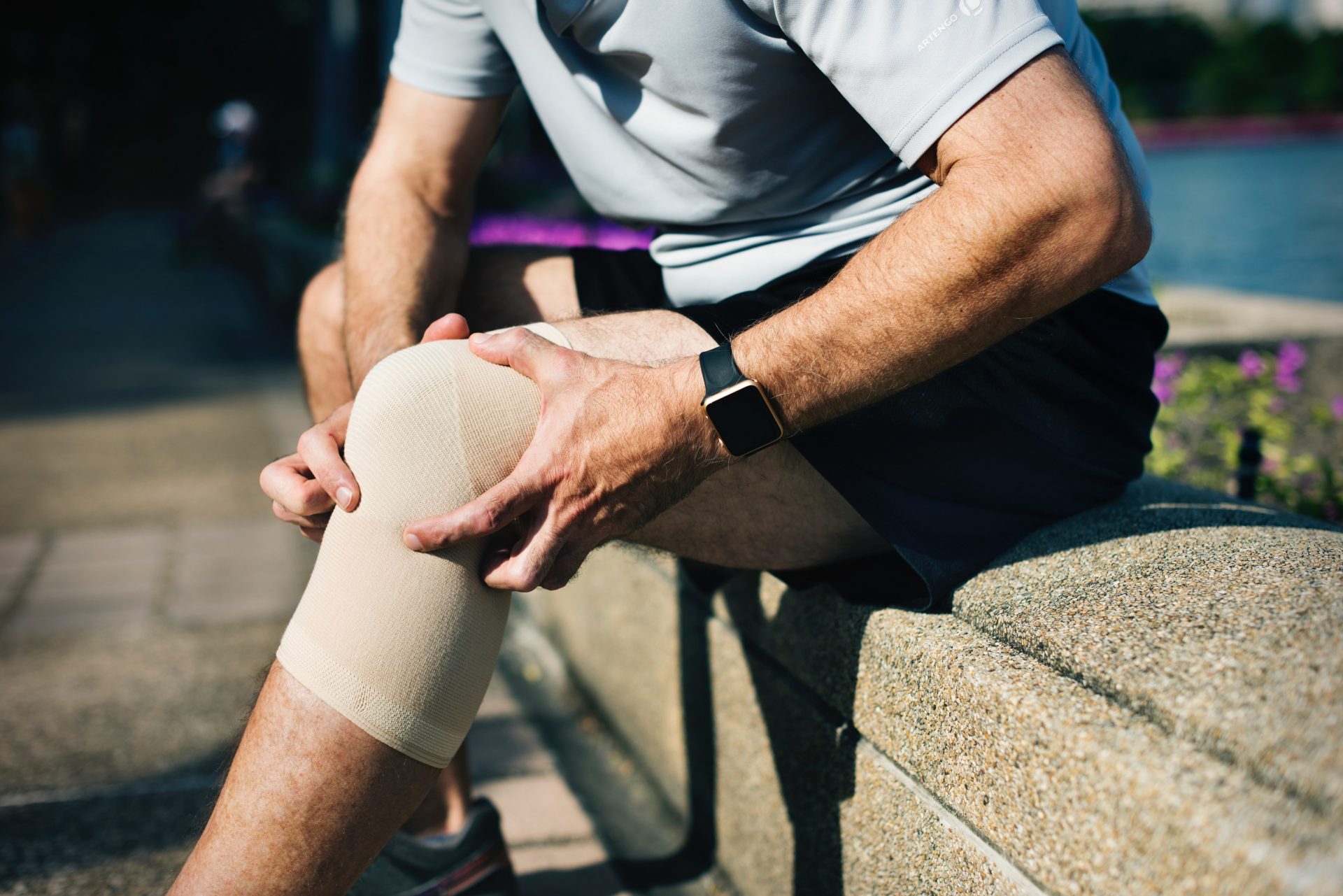What is tendinopathy?
Tendinopathy is when tendons become irritated and painful.
This can in turn cause weakness and ongoing pain that is experienced more commonly in people who are physically active in work, sport or leisure activities.
Recent research has shown that tendinopathies are not inflammatory in nature.
They present on a continuum of reactive (early) to degenerative (late) stages that have varying symptoms and guide our treatment accordingly.
How do I know if I have a tendinopathy?
Clinically, tendinopathies present with the following typical features:
- Pain at the site of the tendon
- Pain when starting physical activity (e.g. warm-up)
- Pain post-exercise that can linger for minutes to days
- Swelling around the tendon site
Why me?
Tendinopathy can be brought on by many different risk factors including:
- Weight-gain
- Weak/tight muscles
- Previous injury/tendinopathy
- Increased age
- High cholesterol/smoking
- Diabetes
- Recent increase in activities engaging the tendon
- Sudden return to these activities from a period of rest
It’s usually a combination of these that brings on a tendinopathy.
What can physiotherapy do to help?
The main tendinopathies we see are at the Achilles (near the heel), patella (under the kneecap), gluteal (on the side of the hip) and tennis elbow.
The tendinopathy continuum generally spans from reactive (initial phase) to disrepair to degenerative (long-term).
If a reactive tendon is not managed properly, it can eventually lead to stages further down the spectrum, where the tendon becomes permanently damaged.
It is very difficult to reverse the continuum and thus it’s very important to identify and manage this early.
Management
First stage
- Initial pain management
- Pain medications
- Specific Isometric exercises
- Reducing tendon load
- Avoiding tendon stretch
- Reducing muscle tension around the tendon (dry needling, soft tissue techniques)
- Use of equipment to modify any biomechanics (orthotic fitting, specific taping)
- Changing any lifestyle factors
Second stage
- Progressively loading tendon back up with a specific and tailored exercise program
- Monitoring symptoms after exercise and after normal activities
- Managing symptoms if there is a ‘flare up’
- Once able to tolerate an adequate load (assessed by the physio) progress to stage three
Third stage
- Retraining sports-specific techniques to avoid pain recurrence
- Gradual return to normal activity (sports, work, gym etc.)
- Tailored maintenance exercises for prevention + management plan
Tendinopathy can be a very debilitating condition that can affect a person’s ability to participate in work, sport and important day to day activities.
Tendinopathies addressed with early and intensive physiotherapy management improve patient outcomes with quicker recovery and return to activities.

